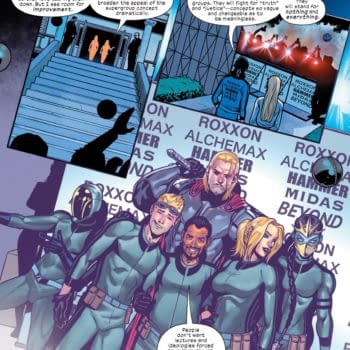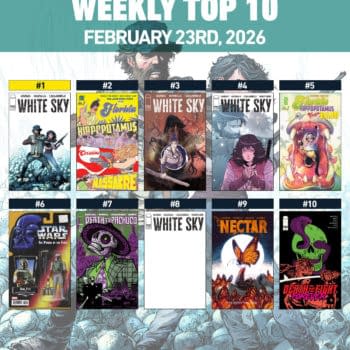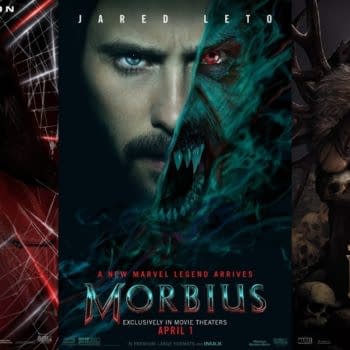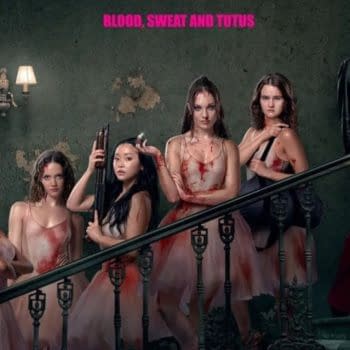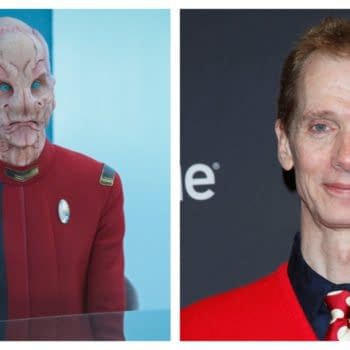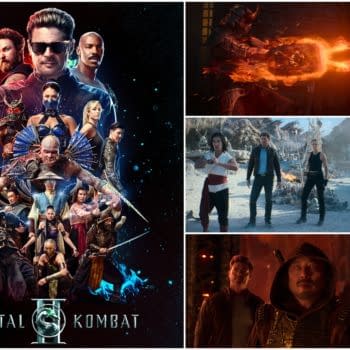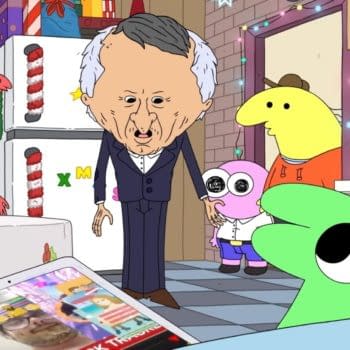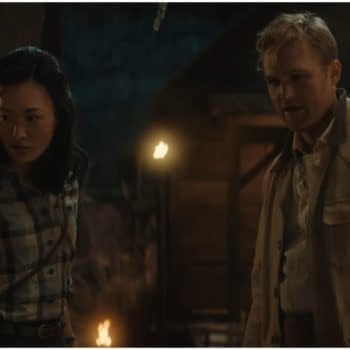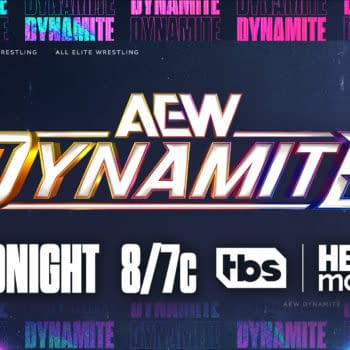Posted in: Comics, Comics Publishers, Current News, Marvel Comics, Marvel Studios, Movies, Phase 4, TV | Tagged: marvel creative committee, mcu, Steohen McFeely, Wall Street journal
Why MCU Phase Four Was Without Marvel's Creative Committee
John Turitzin, Marvel's former General Counsel, recalls, "I knew there was some tension. I just didn't realize that tension had gone that far."
Stephen McFeely is the writer of Marvel movies such as the Captain America movies, Avengers: Infinity War and Endgame, Thor: The Dark World, as well as Narnia movies and The Grey Man. And he talked about the decision to go for Civil War in the Captain America movies and the pushback it got. "Very few franchises get past three, and the threes are not a long list of great threes. And our thought was you need to start breaking this thing apart so you can build it back up. Do something different. And I wasn't privy to all the things that led up to this moment, but Kevin eventually walked in one day, and he just, I don't think he took two steps in the room, and he said, "I think we should do Civil War." And then he just ran out, really. And yeah, that idea that we split up the Avengers after, at that point, we'd been how many? 12, 13 movies, I don't know. Seemed like a nice natural progression to all of this."
Back in July, The Wall Street Journal's podcast, The Journal, hosted by Kate Linebaugh and Ryan Knutson, ran a series of episodes by Ben Fritz looking at the rise of Marvel Studios from comic book publisher to film studio to Disney purchase and the executive and creator battles within. It made a few headlines, but there are lots of gems that seemed to be missed, such as Marvel's initial relationship with Sony Pictures, led by our favourite Marvel executives, Avi Arad, and Ike Perlmutter, two toy manufacturers who took over the comic book company and made it profitable again. Catch up on more of our coverage with this tag.
Stephen McFeely brought up the toys issue again. "We were always told that certain ideas weren't going to fly because those toys don't sell. And so that had come up a few times. I think New York was pretty adamant about not having that be the third act where our two favorite sons are fighting each other, and you're breaking them up. But that note apparently just caused a great deal of angst… We're heading towards a very expensive movie, and usually, you talk to people every day, and then for, I don't know, three, four days, no one returned calls. There was probably a week there when we didn't know which or how it was going to shake up."
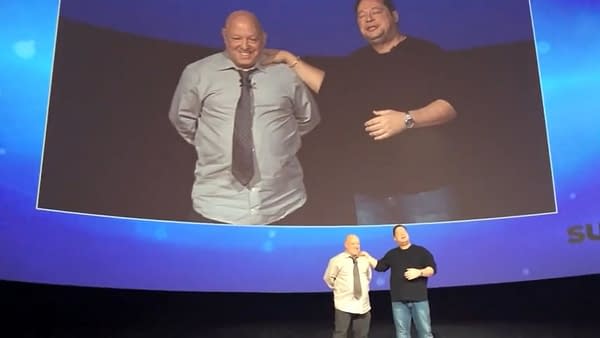
Because there was a civil war going on within Marvel Studios, between the East and West Coast, with Ike Perlmutter's Marvel Creative Committee, staffed by the likes of Joe Quesada and Brian Bendis, being used as a cudgel to knock down costs and anything seen as bad for the Marvel brands.
John Turitzin, Marvel's former Chief Administrative Officer, Executive Vice President, and General Counsel, recalls, "Well, I knew there was some tension. I just didn't realize that tension had gone that far, and I was disappointed that it had. Not personally disappointing for me, disappointing as a company matter. It's like we had been one company. We had been one company working together, and there was a sense that someone had been ripped out. This family had been separated. It was like a divorce, effectively like a divorce."
Marvel Got A Divorce From Itself
Journal writer Robbie Whelan reported, "It got to the point where Kevin Feige started to get pretty annoyed, and he would push back on the recommendations that the Creative Committee was making. He would push back on what Perlmutter told him about how these movies should be made. And there's just started to be more and more sniping back and forth between the Creative Committee and Feige's team about which movies to make and how to make them, and where to set the budgets. Ike told me that he, in early 2015, decided that they needed to have a peace summit, and Ike makes this opening statement where he says, 'Look, we've got to make peace,' and he talks for about 15 minutes, explains that the studio's got to stop fighting with the Creative Committee in order to go forward and make the movies everyone wants to make and make the kind of financial returns that they're looking to make as well… They did not make peace. They were unable to find peace… Kevin Feige was very unhappy, and he appealed to Bob Iger to fix the situation. And I think he saw an ally in Iger. And when things got, as he viewed it, too hard to continue doing this work under Perlmutter, he really did go to the top dog, to the top boss, Bob Iger, and say, "Look, you got to help me here."

And they speak to Bob Iger, who talks of Ike Perlmutter. "In 2015, he was intent on firing Kevin Feige, who was running Marvel's Studio or the movie-making at the time, and I thought that was a mistake and stepped in to prevent that from happening."
Ike Perlmutter was sidelined to Marvel Entertainment, which itself was recently closed down and Perlmutter fired. Whelan described his earlier role as "essentially extracted from the chain of command at Marvel Studios, and he's been relegated to this side role, much less important, much more marginal, running Marvel Entertainment, which is all the licensing deals, the merchandise stuff, the video games. But they're saying, "We can no longer have you involved with these films anymore." John Turitziin states that Ike "deserves enormous credit. There would be no Marvel Studios today if it weren't for Ike Perlmutter's support of David Maisel in raising the huge amount of financing that it took to launch Marvel Studios and to get it off the ground, and this is enormous credit for them. I think he's proud that he was able to take a company that was completely on its back in bankruptcy in the late 1990s and turn it around and make it into a hugely successful company that Walt Disney Company bought for $4 billion. That was a huge accomplishment."
And as for Kevin Feige, Whelen says, "he doesn't have to deal with Ike's objections over budget. He doesn't have to deal with script notes from Ike and his team. Creative Committee is dissolved."
The comic book side of Marvel no longer had the input into the TV shows and movies they once had. Might that explain a certain change in focus for Phase Four?






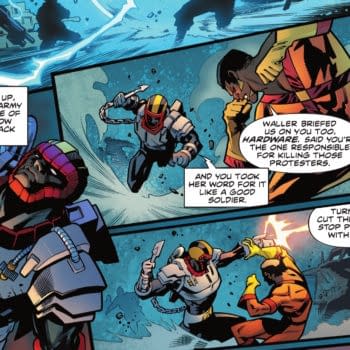
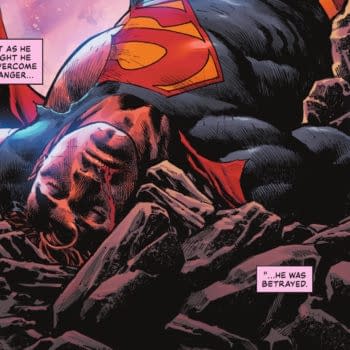
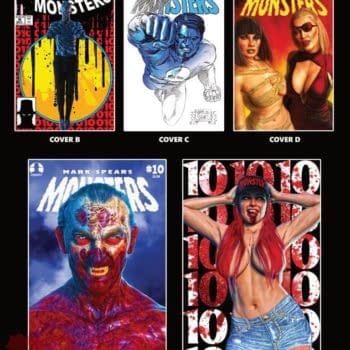
![White Sky #]1 second printing](https://mlpnk72yciwc.i.optimole.com/cqhiHLc.IIZS~2ef73/w:350/h:350/q:75/rt:fill/g:ce/https://bleedingcool.com/wp-content/uploads/2026/02/unnamed-2026-02-18T203050.994-350x350.jpg)
